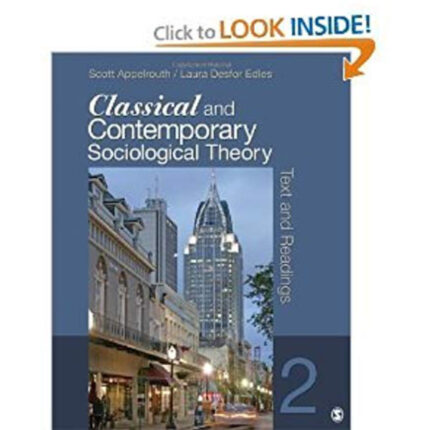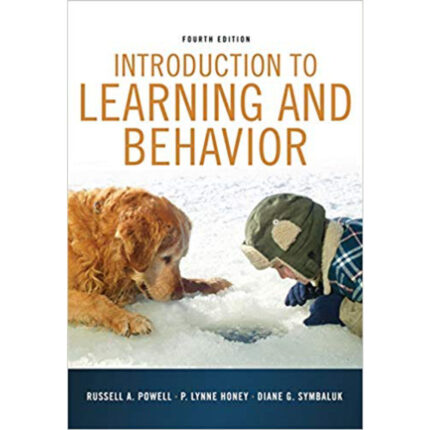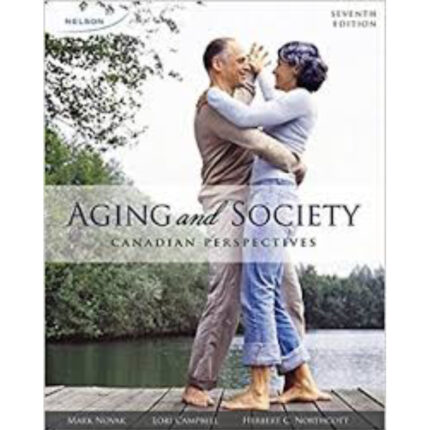Overview
CHAPTER 11
FAMILIES
True/false Questions
1. A functionalist would argue that families are structured to
a. devalue reproductive work.
b. maintain and perpetuate social inequalities.
c. replace the members of society who die.
d. foster racial divisions and boundaries.
ANS: C REF: 82 OBJ: comprehension
TOP: Mod 11.1
2. The family passes on social privileges and social disadvantages to its members, thereby perpetuating the system of inequality. This viewpoint coincides with which one of the following sociological perspectives?
a. symbolic interaction c. functionalist
b. conflict theory d. structural strain theory
ANS: B REF: 383 OBJ: comprehension
TOP: Mod 11.1 MSC: SG
3. Bearing children and caregiving relates to
a. productive work. c. life chances.
b. reproductive work. d. work.
ANS: B REF: 383 OBJ: application TOP: Mod 11.1
4. Managing households and educating children fall under the category of
a. productive work. c. life chances.
b. reproductive work. d. housework.
ANS: B REF: 383 OBJ: application TOP: Mod 11.1
5. Ji-wu lives in a household where his father is unemployed, but his mother works 35 hours per week at a job she has held for five years. According to the U.S. Census Bureau, Ji-wu lives in a household with
a. a dead-beat dad. c. insecure parental employment.
b. weak parenting. d. secure parental employment.
ANS: D REF: 383 OBJ: application TOP: Mod 11.1
MSC: SG
6. A conflict theorist would argue that families are structured to
a. value reproductive work. c. provide care and emotional support.
b. confer social status that is unequal. d. perpetuate social equality.
ANS: B REF: 383 OBJ: comprehension
TOP: Mod 11.1
7. In the United States, children classified as _______________ are most likely to live in secure parental employment households.
a. Hispanic c. Black
b. Native American d. White, non-Hispanic
ANS: D REF: 383 OBJ: application TOP: Mod 11.1
8. When a child lives with parents, neither of whom works 35 or more hours per week, that child lives with
a. a dead beat parent. c. securely employed parents.
b. a welfare mom. d. unsecurely employed parents.
ANS: D REF: 383 OBJ: application TOP: Mod 11.1
9. In their study involving 17,636 respondents in 28 countries about how couples divide housework, sociologist Shannon Davis and colleagues found that
a. everywhere women (as a group) reported spending considerably more time than male partners doing household tasks.
b. couples living in Chile divide household tasks most equitably.
c. couples living in Australia divide household tasks the most unequitably.
d. married couples have the most equitable arrangements when it comes to household tasks.
ANS: A REF: 384 OBJ: comprehension
TOP: Mod 11.1
10. Sara marries someone of the same religion as herself. She has followed the norm of
a. patrilocal groups. c. exogamy.
b. endogamy. d. monogamy.
ANS: B REF: 384 OBJ: application TOP: Mod 11.1
11. A husband and wife and their two-year-old son are traveling by plane. The husband is holding his screaming son. A male passenger turns around and remarks, “Why doesn’t the mother take care of the baby?” The passenger is conveying his belief that women do the ___________ work.
a. reproductive c. life chance
b. productive d. fertility
ANS: A REF: 384 OBJ: application TOP: Mod 11.1
MSC: SG













Reviews
There are no reviews yet.